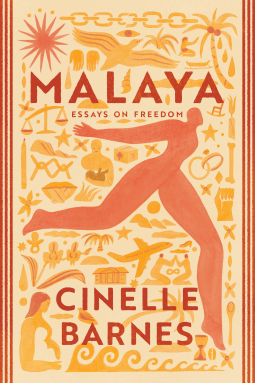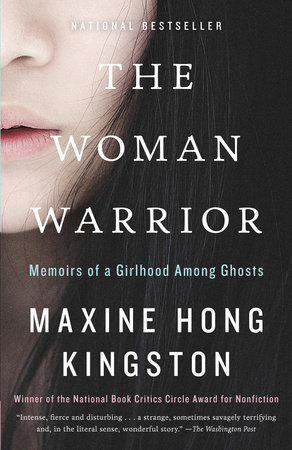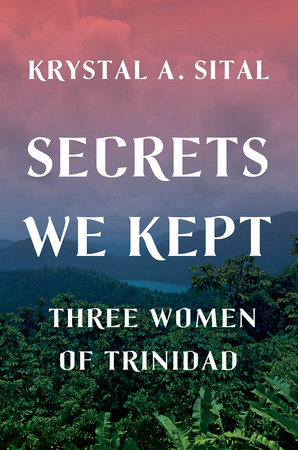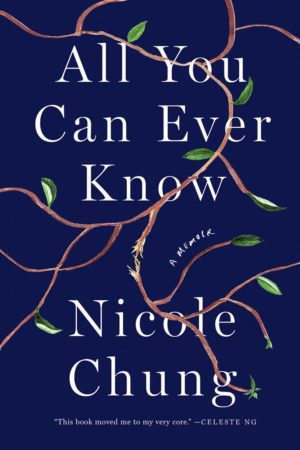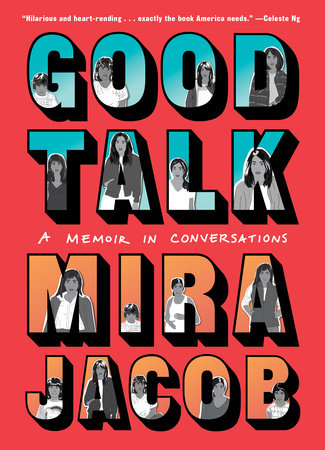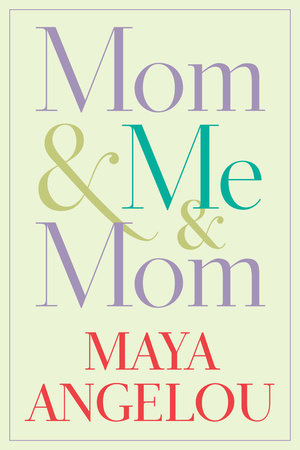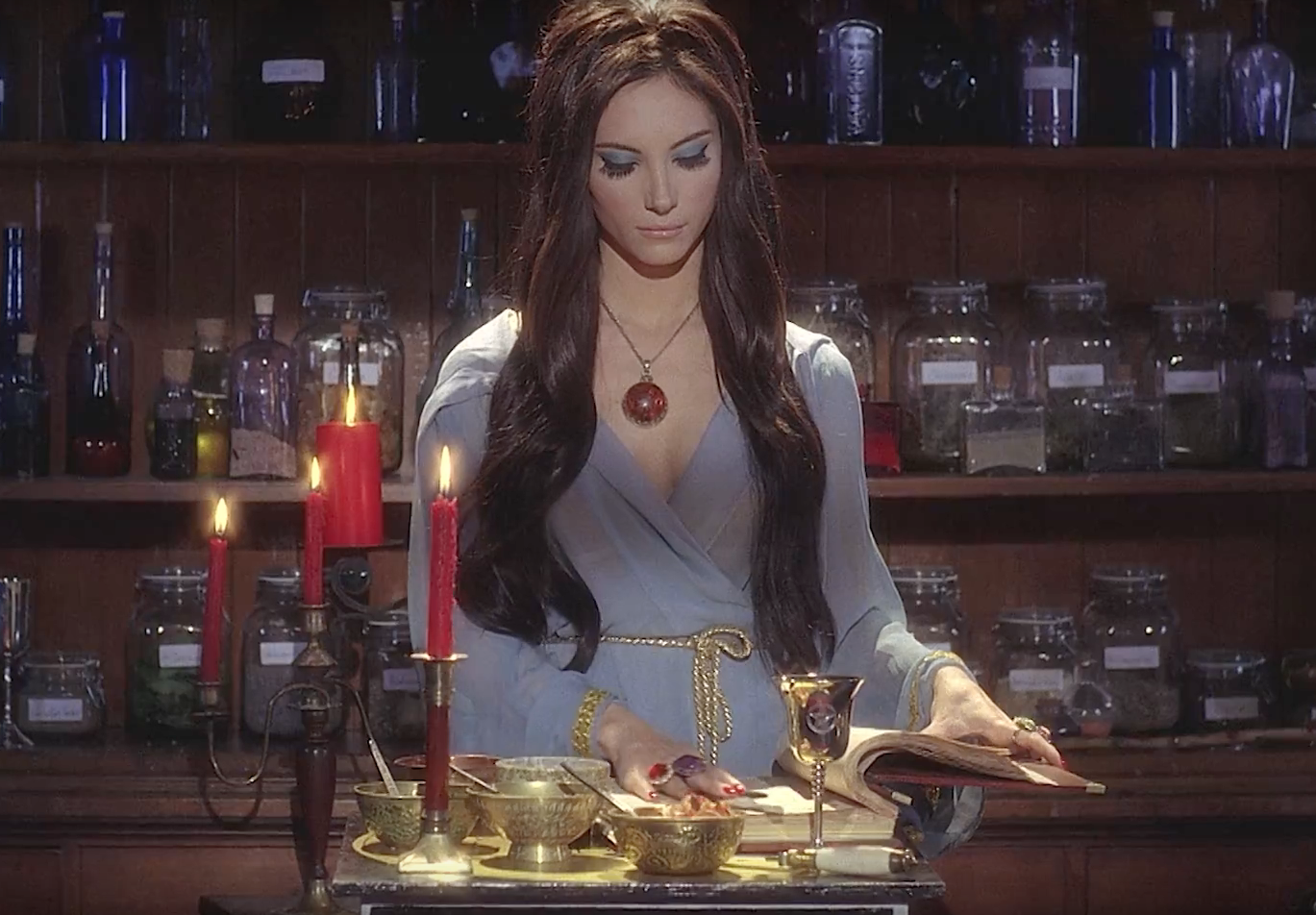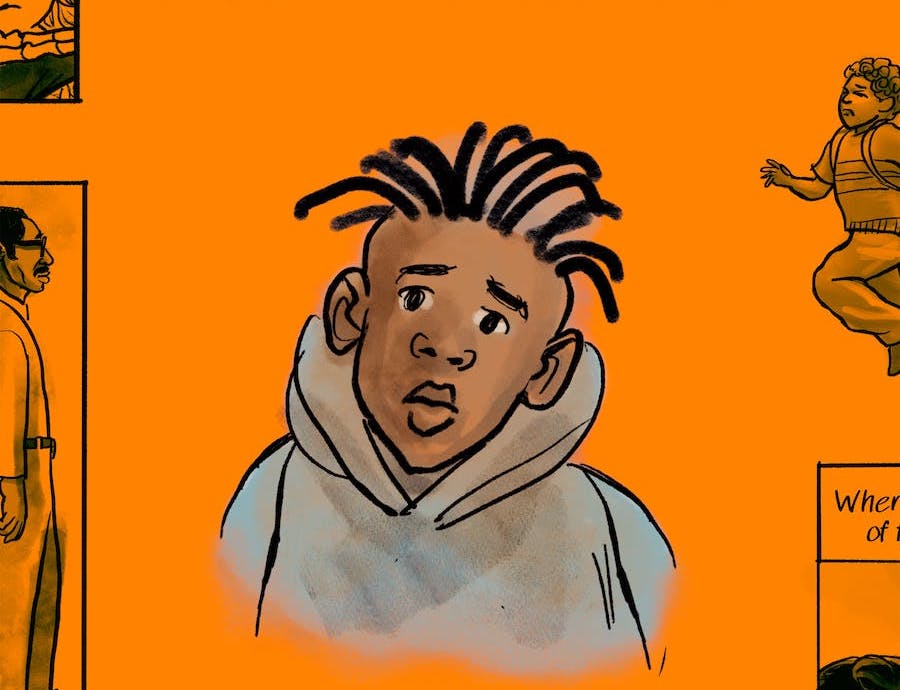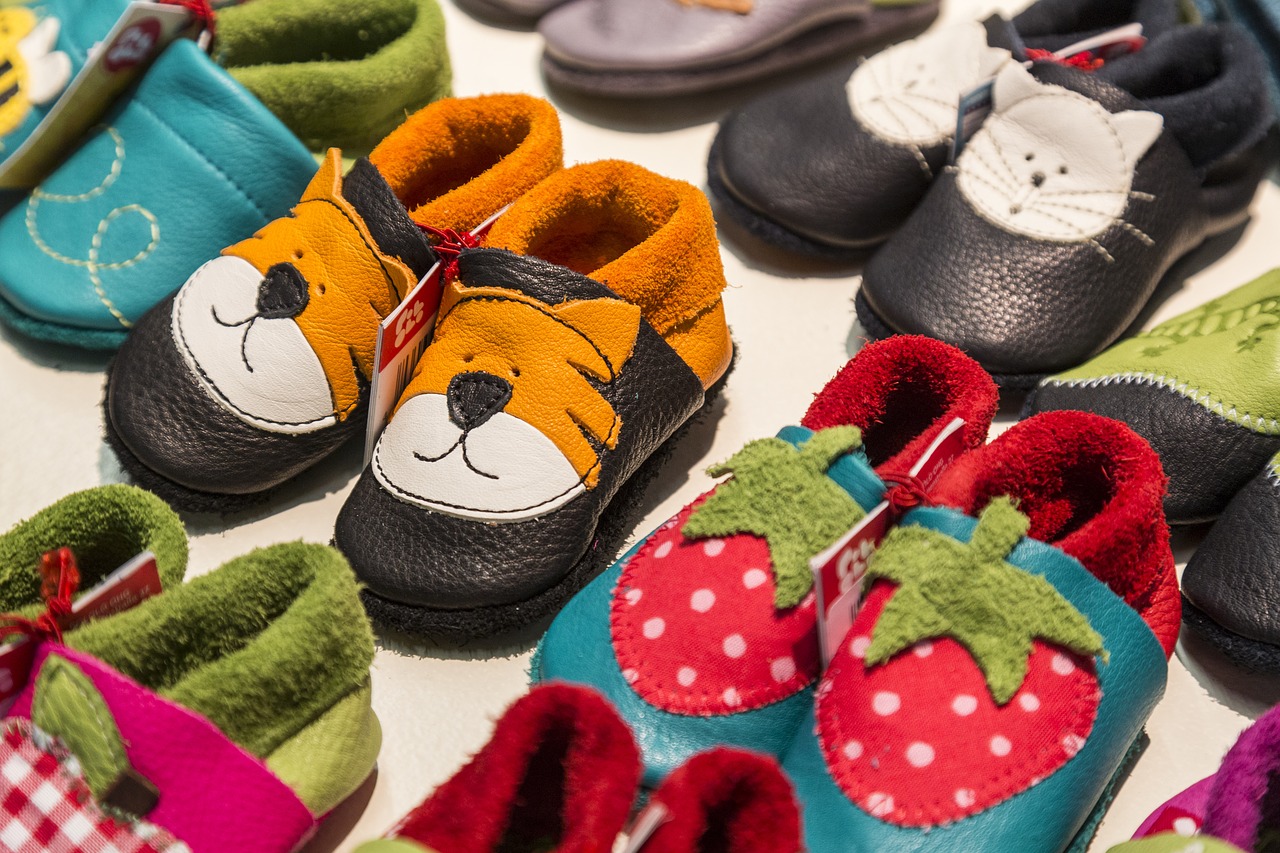Reading Lists
8 Nonfiction Books on Motherhood by Writers of Color
Tired of the overwhelming whiteness of motherhood memoirs? These books are for you
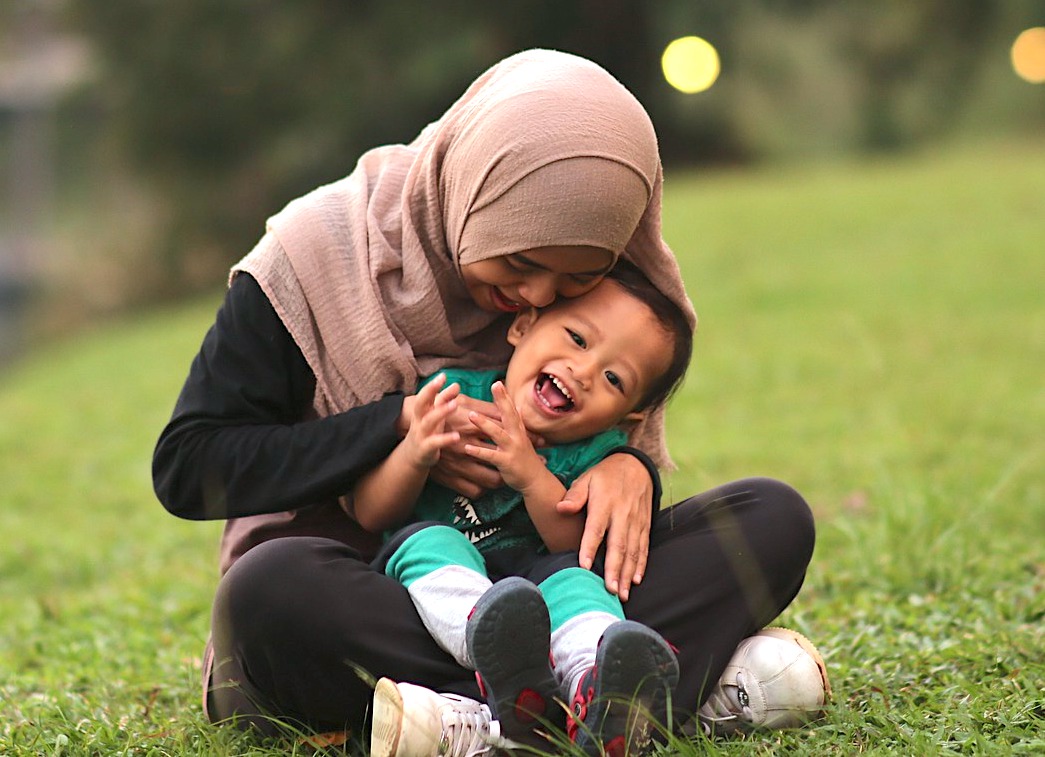
I have birthed three babies these past eight years: one girl with dark hair and a penchant for haiku, and two nonfiction books that have unearthed previously buried memories of childhood—that is to say, memories of my mother. Or, more accurately, my many mothers.
I was adopted into the United States at age sixteen after having escaped a harrowing life with a mentally ill and criminally notorious biological mother—only to become undocumented at age seventeen, when my adoptive mother learned that I was too old to be naturalized through adoption.
I detail my unexpected immigration from the Philippines, the complex transnational adoption process, my anxious and precarious years as an undocumented teen, and finally, my life as a young mother of color in the American South in Malaya: Essays on Freedom. While it has been rewarding, I’d be lying if I said that the writing of this book (and the previous one) has been easy. It has required the kind of strength that, as some might say, only a mother has. To survive these eight years, I sought wisdom and sustenance from eight nonfiction books written by women (daughters, mothers, caregivers of various kinds) of color.
Woman Warrior by Maxine Hong Kingston
I first read Maxine Hong Kingston’s memoir while finishing my MFA in the thick of early motherhood. In the chaos of it all, I found comfort in Kingston’s reimagining of her childhood. The world she built on the page mirrored for me the tension that I would say is commonly found between Asian daughters and mothers. Kingston understands that in our cultures, daughters and mothers are bound—constrained—by physical, linguistic, economic, and even spiritual ties, and that these constrains can become abusive. It was helpful to read a book that portrayed girlhood similar to how I experienced it as a child, among “ghosts.” It reminded me of what I did not want for my daughter.

Eating Wildly: Foraging for Life, Love, and the Perfect Meal by Ava Chin
I met Ava Chin when I took her creative nonfiction workshop through Kundiman. At the time, my daughter was already a toddler—a little human who subsisted on yogurt and only yogurt. This was one of the many rants I took with me to the workshop. But Chin—I’ll call her Ava, actually—understood my griping. Because Ava, too, was a mother and an immigrant’s daughter, she knew that I had used precious diaper money on a flight to New York City because I needed sustenance. She provided nourishment in two ways: by carving out a literary space that was safe for Asian nonfiction writers and by reading us excerpts from her book, a memoir about her single mother, her ailing grandmother, and her quest for wisdom and edible flora, fauna, and fungi.
Stealing Buddha’s Dinner by Bich Minh Nguyen
In Stealing Buddha’s Dinner, which I read when my daughter was in kindergarten, I met young Bich, a new refugee from Vietnam with a voracious appetite for American food. That is, junk food. Consumed by her desire to belong and to be American enough, she hankers after Pringles, Kit Kat, and Jell-O. But as loud as her stomach’s growling is her desire to connect with a mother figure: a mysterious and absent birth mother and a Puerto Rican stepmother who at times is just as much an enigma.
Secrets We Keep: Three Women of Trinidad by Krystal A. Sital
My daughter had taken upon herself the role of book-tour sidekick when I was introduced to Krystal A. Sital’s work. I remember reading the first pages of Secrets We Keep on a plane when my daughter asked if it was anything like my first book, Monsoon Mansion. I told her, vaguely but truthfully, that the stories were similar in that they both depicted how joy and pain traveled through families. Sital’s Trinidadian family narrative, like mine, showed how trauma traveled through generations—and how storytelling can break cycles of terror and abuse.
All You Can Ever Know by Nicole Chung
Fellow adoptee Nicole Chung gave me the courage to write about my own adoption story. In her memoir, she details her search for her biological mother, father, and sister, and how this coincided with the birth of her own child. The search—and the result of it—reawakened contemplations and questions from childhood: Who was she? Where was home? Who was family? To whom did she belong? These are questions I’ve also asked and have tried to address in Malaya: Essays on Freedom.
Revolutionary Mothering: Love on the Front Lines edited by Alexis Pauline Gumbs, China Martens, and Mai’a Williams
I wish I had known about this book much earlier in motherhood. So many of my concerns as a brown mother raising a Filipino American daughter in the South wouldn’t have seemed so peculiar (thus making me feel so alone) had I consulted this anthology sooner. The essays in Revolutionary Mothering, which center mothers of color and marginalized mothers’ voices, confirm so many of the doubts and fears I’ve had since birthing a dark-skinned girl into this profoundly white world.
Good Talk by Mira Jacob
My daughter, now almost eight, frequently asks questions that could very well be the beginning of another book. This is, actually, how Mira Jacob’s hilarious, edifying, and intimate graphic memoir, Good Talk, came about. Jacob’s half-Indian, half-Jewish son asks innocent questions about family, Michael Jackson, being biracial, and life in New York post-9/11.
Mom & Me & Mom by Maya Angelou
A literary mother to many, Maya Angelou has bequeathed to us tomes that I believe will continue to nurture us, teach us, and heal us. In the prologue for Mom & Me & Mom, she says, “Love heals. Heals and liberates…. This book has been written to examine some of the way love heals…” Born to a woman with an arresting presence yet who was absent for most of her early life, Angelou tells us what could be her most personal story: how she reconciled with Vivian Baxter, the mother who abandoned her. I listened to the audio version of this book because I could not pass up hearing Angelou’s story in Angelou’s voice. In the audio version, I could still hear the trepidation with which she approached her estranged mother—a trepidation I know so well. Listening to how Angelou found healing and love inspired hope for my relationship with my own estranged mother.




